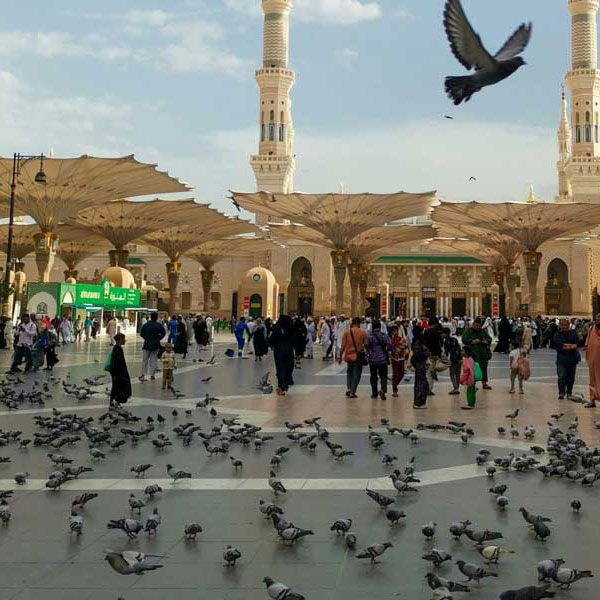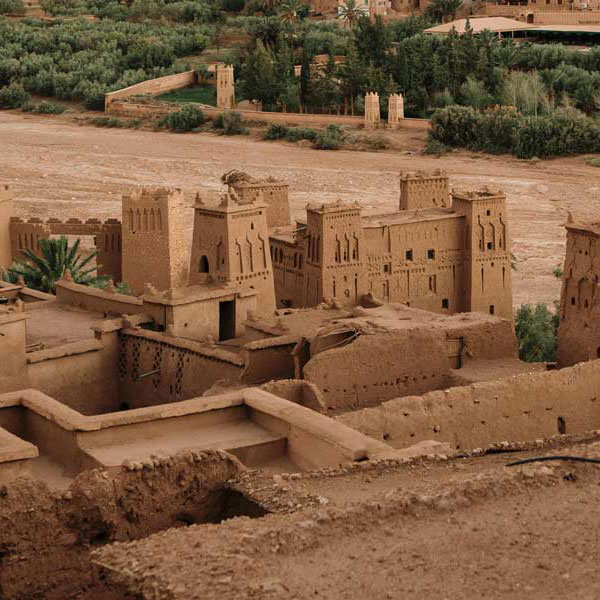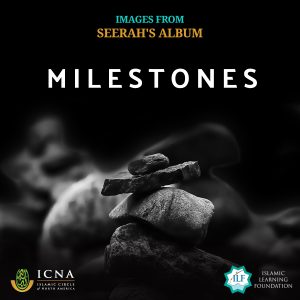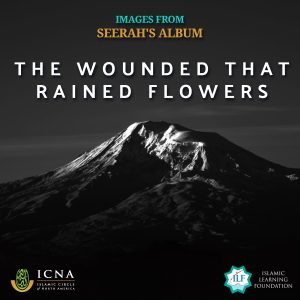Laying the Foundation for The Ummah
Allah SWT has sent about 124,000 Prophets and Messengers throughout history but there is something special about Rasoolullah (peace be upon him).
All previous Prophets came only to preach to their particular nation primarily, or to their specific tribe, but Rasoolullah (pbuh) came with the Message to all of mankind, until the end of time.
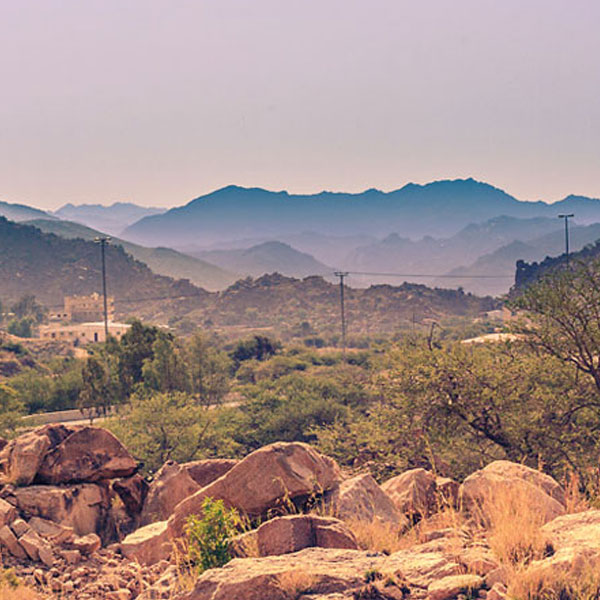
Du'aa of Prophet Muhammad at Taif
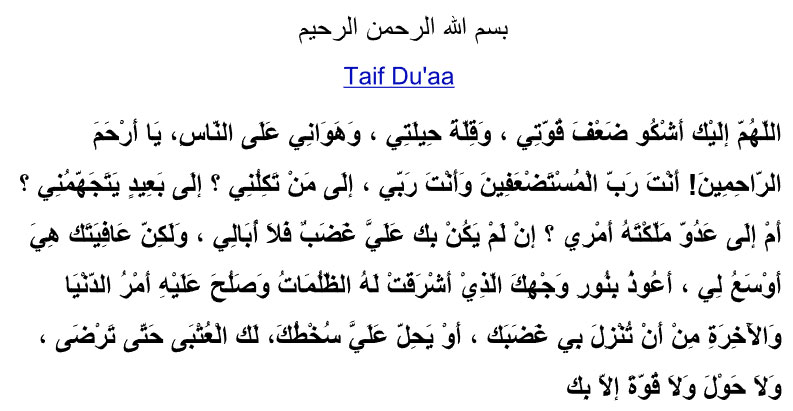
“O Allah! I complain to You of my weakness, my scarcity of resources and the humiliation I have been subjected to by the people.
O Most Merciful of those who are merciful. O Lord of the weak and my Lord too.
To whom have you entrusted me? To a distant person who receives me with hostility? Or to an enemy to whom you have granted authority over my affair? So long as You are not angry with me, I do not care.
Your favor is of a more expansive relief to me. I seek refuge in the light of Your Face by which all darkness is dispelled and every affair of this world and the next is set right, lest Your anger or Your displeasure descends upon me. I desire Your pleasure and satisfaction until You are pleased. There is no power and no might except by You.”
URDU: https://youtu.be/RvuYZnP9w18?si=pnOlzN_Z2PWTlZRM
Khutbah: Laying the foundation for The Ummah
Khutbah Prophet SAS empowering the disenfranchised
Khutbah: The Prophet’s (PBUH) Strategy of Change
Seerah Reflections: The Most Painful Day for Prophet Muhammad
When reading the biography of Prophet Muhammad (peace be upon him), we find many examples of him enduring pain, abuse, persecution, opposition, and injustice in various forms.
But what was the most difficult day of all? And how does reflecting on his painful experiences help us better understand his life and legacy?
Images From Seerah’s Album
Now, look at the second picture from this section. This is the early period of the Da’wah. So far, only a few people have pledged their submission to the Prophet ﷺ Mountains of hardship have fallen on them, some of them are laid down on burning sand under the weight of a heavy stone; some others are tied with ropes and chains and dragged about in the streets.


